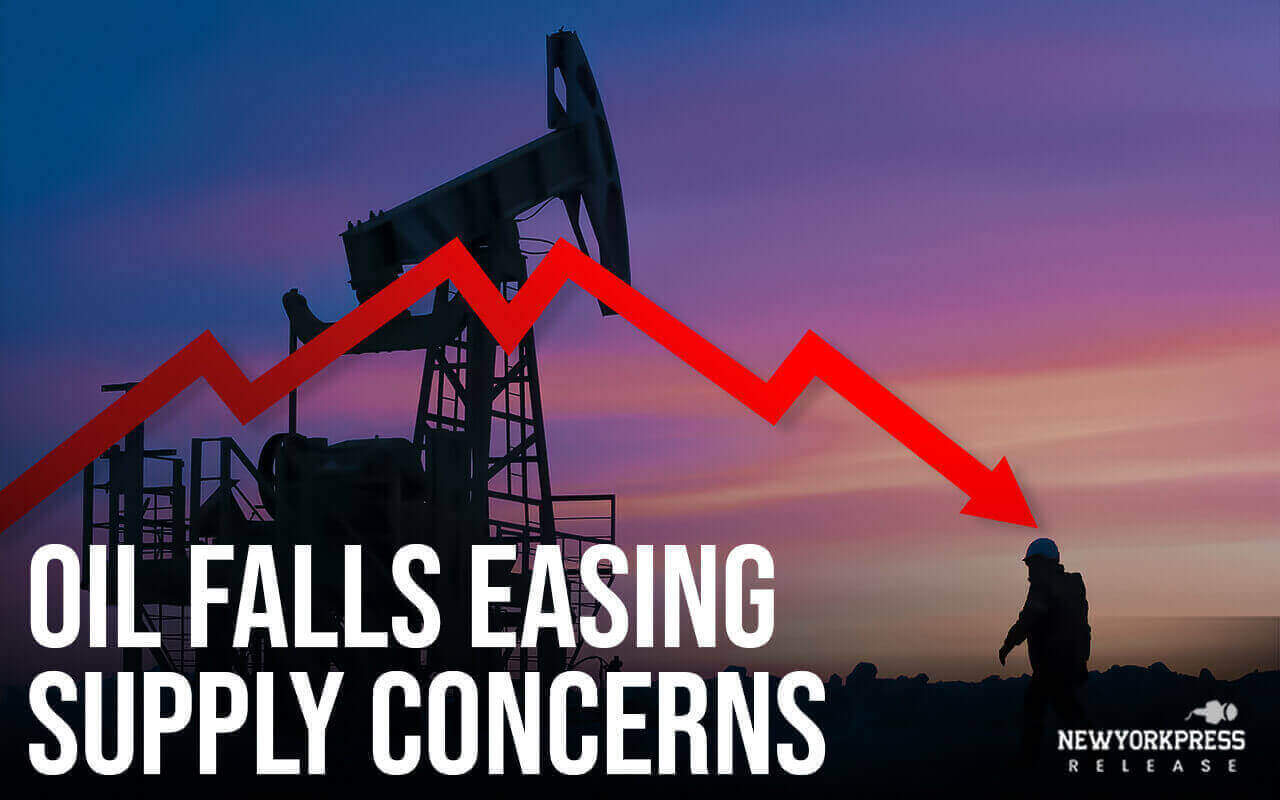Recent months have witnessed a few polls reflecting the American voter’s thoughts on the 2024 election, giving insight into their minds depicting very important pessimism and stark partisan divisions. This is a race of uncertainty, and at this point in time, no candidate appears to be free of this closely contested election.
Pessimism and Political Landscape
One of the major lessons from these latest polls is that a supermajority of voters say the country is on the wrong track, the largest such percentage since 2008. President Joe Biden’s approval ratings are a long way underwater, continuing to reflect the deep level of dissatisfaction. Although Donald Trump has been the major focus of the race until now, the campaign began to change after Kamala Harris was named as the running mate for Joe Biden, reviving Democratic fervor and activism.
Key Issues Dividing Voters
Surveys reveal strong contrasts in what voters care about most, depending on whether they favor Trump or Harris. In this election cycle, voters are obsessed with the economy in a manner that dwarfs issues that have dominated elections since the Great Recession. Gallup found that, for Republicans, the top three priorities were the economy, immigration, and national security, whereas for Democrats, they were democracy, abortion rights, and health care. This divergence reflects a growing partisan divide on key issues as each side places increasing emphasis on themes appealing to its base.
Legacy of Division
A Pew Research Center report has further delineated the ideological differences between supporters of the two candidates. For example, Harris supporters are much more likely to believe that slavery and racism continue to have a lasting impact on Black Americans and support cultural diversity. On the contrary, Trump’s supporters typically prefer stricter law enforcement and view gun ownership as an act of enhancing safety. Such differences reflect more profound social cleavages that have been in place for decades, shaping political discourse as the election date approaches.
Media Attention and Candidate Narratives
Media coverage in the campaign’s final stages also determines the perceptions and sentiments that voters hold. Within an initiative to monitor the conversation of the public in general about both candidates, The Breakthrough monitored and researched the public conversation involving and surrounding both figures: they found that Trump drew people’s attention with rallies; Harris, on the other hand, drew in audience with media appearances. If there is a favorite common term associated with the campaign of Trump, it has to be “liar”, and this trend has therefore significantly shaped the perception going into the election. Since the debate and voting matters have changed, so is the presentation of the Harris candidacy.
The Role of Opinion Polling in Understanding Voter Opinion
While polling is not a predictor of the outcome of elections but rather a snapshot, it is a very useful tool in understanding public opinion across various demographics. A society sometimes fractured along such cleavages that social media gives voice to extreme opinions means polls provide a better sense of the electorate’s psyche as the election nears in 2024.




